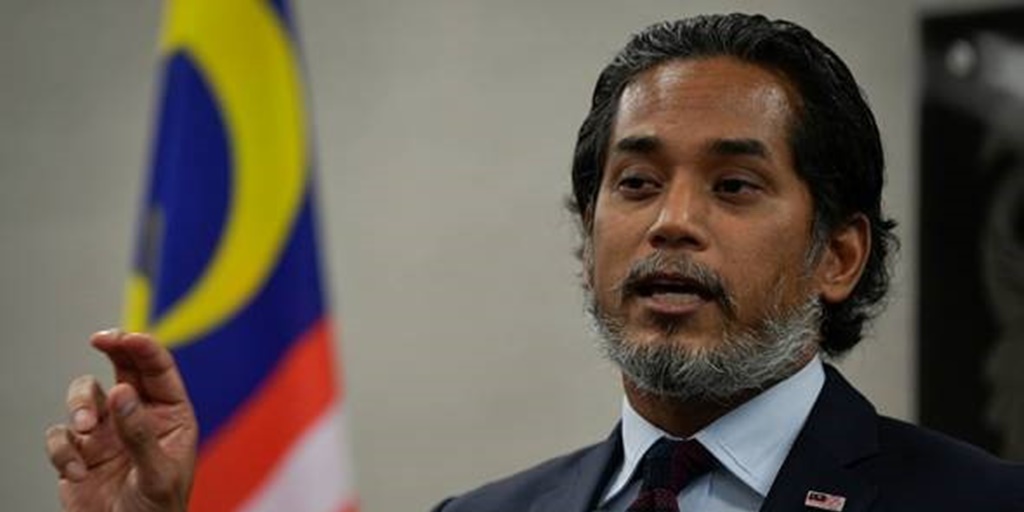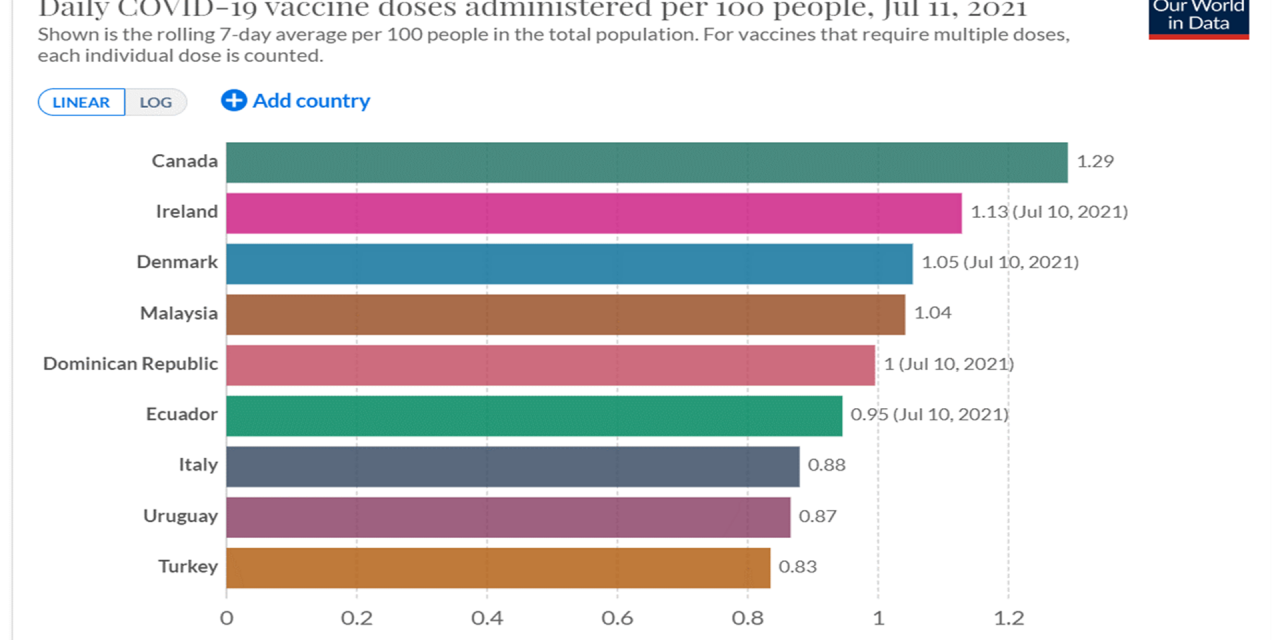Crushed by the high number of cases daily, Malaysia is struggling to keep it all under wrap. Covid has taken its toll on the people, the economy and especially the healthcare workers. However, amidst the bad, there is one silver lining. Malaysia has one of the fastest vaccination rates in the world.
Khairy Jamaluddin, Minister for Science, Technology and Innovation in charge of the rollout, told The Sydney Morning Herald that the government had been able to accelerate inoculation after renegotiating the supply and delivery of vaccines it has purchased, 70 per cent of which are Pfizer.
“Most of our portfolio is Pfizer and then we spread our bets,” he told The Sydney Morning Herald. “We decided early on that it would be dangerous to put our eggs in one or two baskets.” Khairy added that Malaysia is at a stage where vaccination is the only solution to the problem.

Besides Pfizer, Malaysia also sourced doses from China’s Sinovac, AstraZeneca and the single-shot Chinese vaccine CanSino, as well as others via the UN’s COVAX vaccine facility.
A quarter of the population has received at least one dose. The government is now targeting 40 per cent of the adults to be fully vaccinated by the end of August and 60 per cent by the end of September if suppliers meet their commitments.
The minister also said that Pfizer is sending 25 million doses between this month and September under Malaysia’s renegotiated deal with the American pharmaceutical giant.
“Countries which were successful at suppressing and containing cases have seen their bubble burst. And I think if you look at countries which are doing well, now, you can arguably say that they were doing much, much worse before and they’ve been saved by early arrivals of vaccines.
“Of course, we could have done certain things better. And also, after a while, it’s very difficult to get the public to adhere to the [restrictions] simply because of fatigue. And I’m not blaming the public here. Because to observe these very, very unnatural limitations and restrictions on your behaviour or your movements [is difficult]. Eventually, there will be a time where people just let their guard down.”










